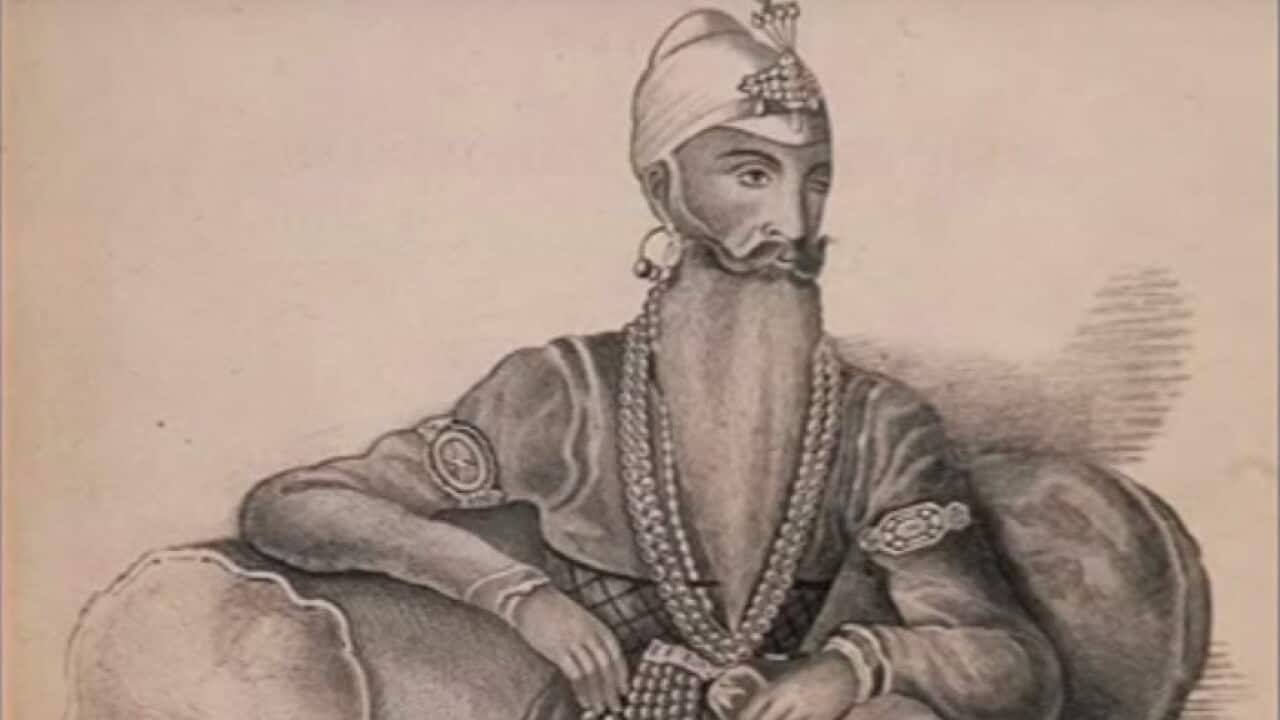Chinese soldiers have conducted live-fire drills.
It's a show of force, and a demostration Beijing's preparedness to defend what they say is their territory - a strip on the Doklam plateau just kilometres away.
For more than five weeks Chinese and Indian troops have been locked in a stand-off over territory connecting the two countries and Bhutan.
India says China was building a road on Bhutanese soil.
Bhutan doesn't have diplomatic relations with Beijing, but communicates with China through Delhi.
China's government says the land, under an 1890 treaty with the British, is Chinese.
Lu Kang, from the Chinese foreign ministry, has stated China's position.
"We kept on saying that the nature and fact of the incident which took place in the Sikkim section of China-India border are clear enough. The Indian border guards illegally trespassed the boundary into Chinese territory."
Indian traders working in the area have called for a boycott of Chinese goods over the dispute.
India sees China's roadwork as a security threat to their so-called 'chicken's neck' - a strategic transport corridor which links Delhi to the country's remote northeastern states.
Indian foreign minister Sushma Swaraj says the move threatens India's security.
"If China unilaterally changes the status-quo of the tri-junction point, then our security gets directly challenged."
Now tensions over the freezing plateau are heating up.
Both sides have positioned troops and equipment close to the area in case fighting breaks out.
Chinese President Xi Jinping and his Indian counterpart, Narendra Modi, didn't hold their usual bilateral meeting at the G20 in Germany earlier this month.
This week an editorial published in Chinese government-controlled media said "India will surely lose" if military action is sparked.
Liu Zhiqin (lee-OH jer-QIN) is a researcher at Beijing's Renmin University.
He says India has no right to interfere in the issue as the territory does not belong to India.
"China has full right to build anything in territory that belongs to China. There's no reason to discuss with other countries what we should do because this is within our sovereignty, our territory."
It's not the first border skirmish between the two regional powers.
Thousands were killed when fighting broke out in 1962.
To avoid a repeat, India's foreign minister Sushma Swaraj says both sides must withdraw their troops, then engage in dialogue.
"There are no unreasonable demands from the Indian side, and all countries are supporting us."
But Beijing says talks are off the table unless India withdraws its soldiers first.
As the stalemate enters its sixth week, analysts are hoping for a peaceful resolution - and fast.
The rift is threatening to overshadow the upcoming BRICS summit, involving India and hosted by China, in September.
For more stories, follow SBS Punjabi on Facebook and Twitter.
Also read








